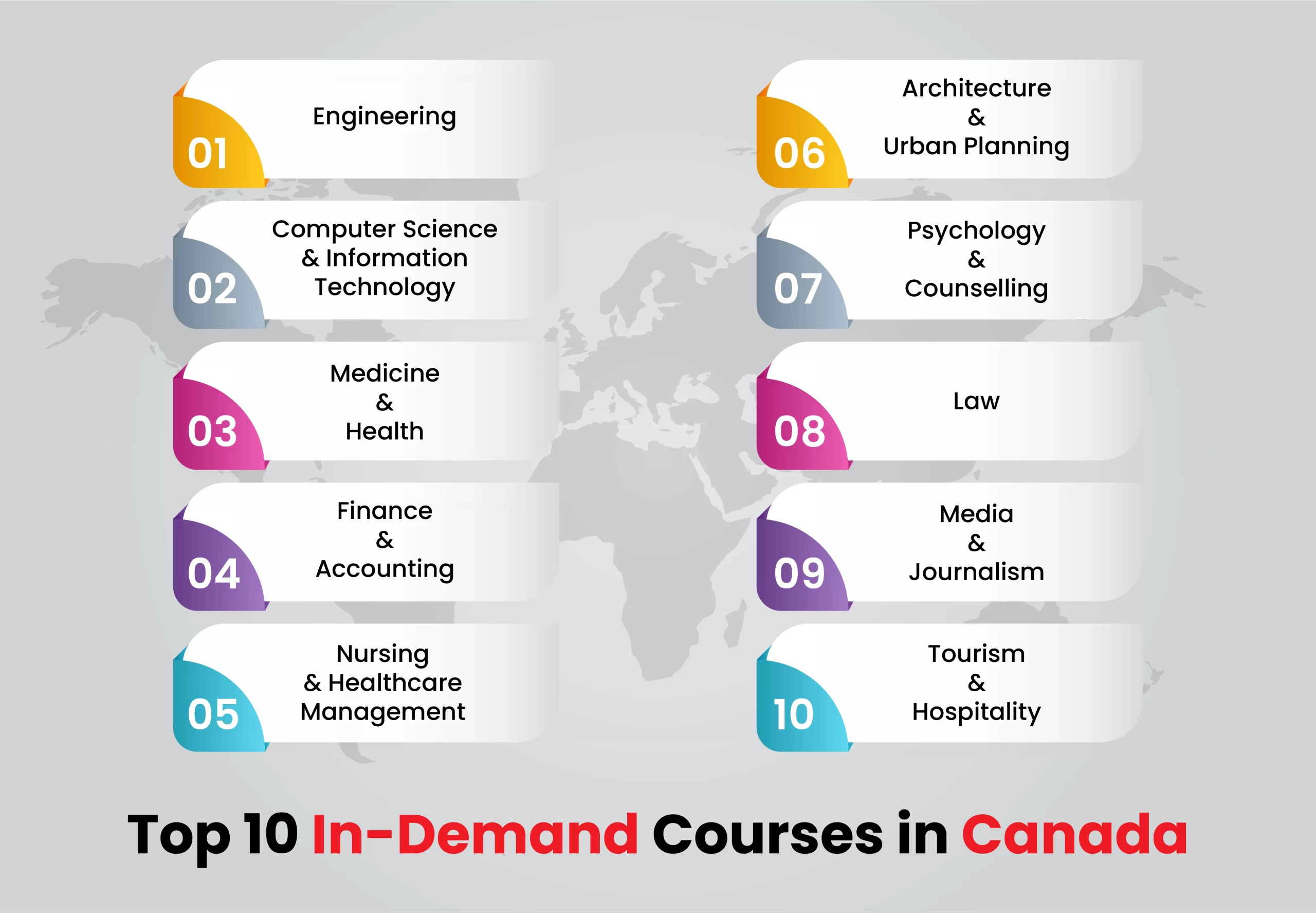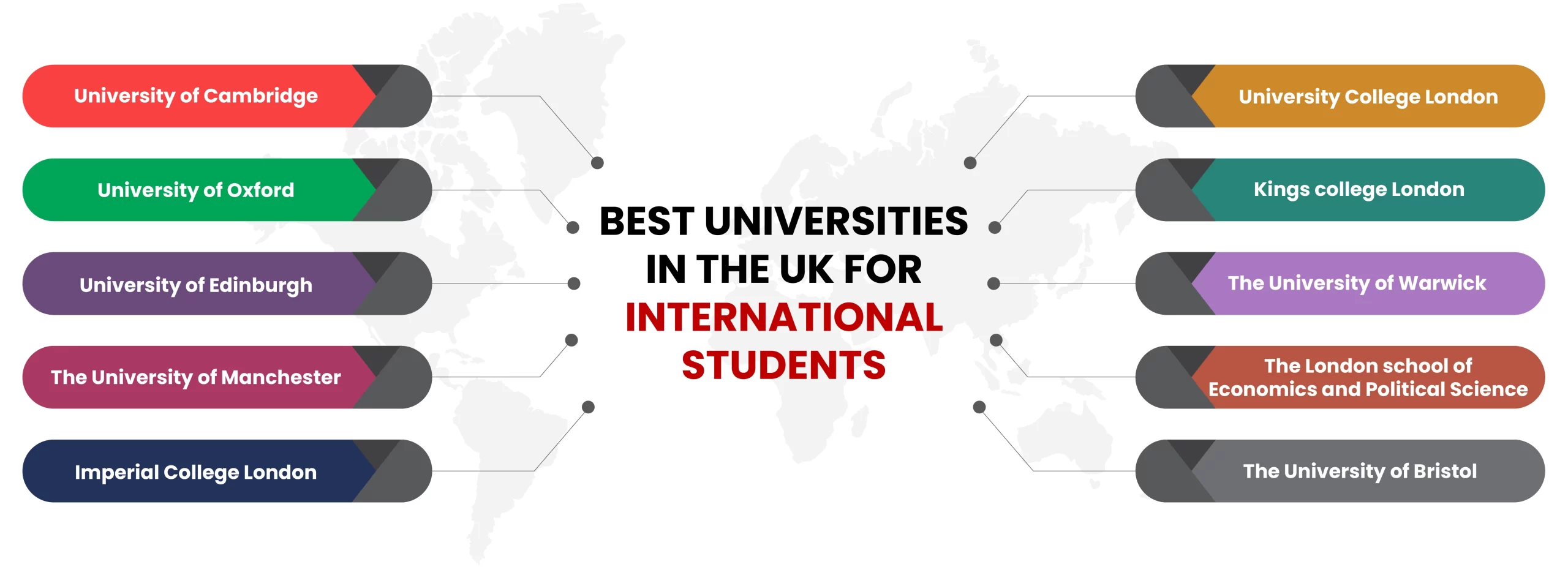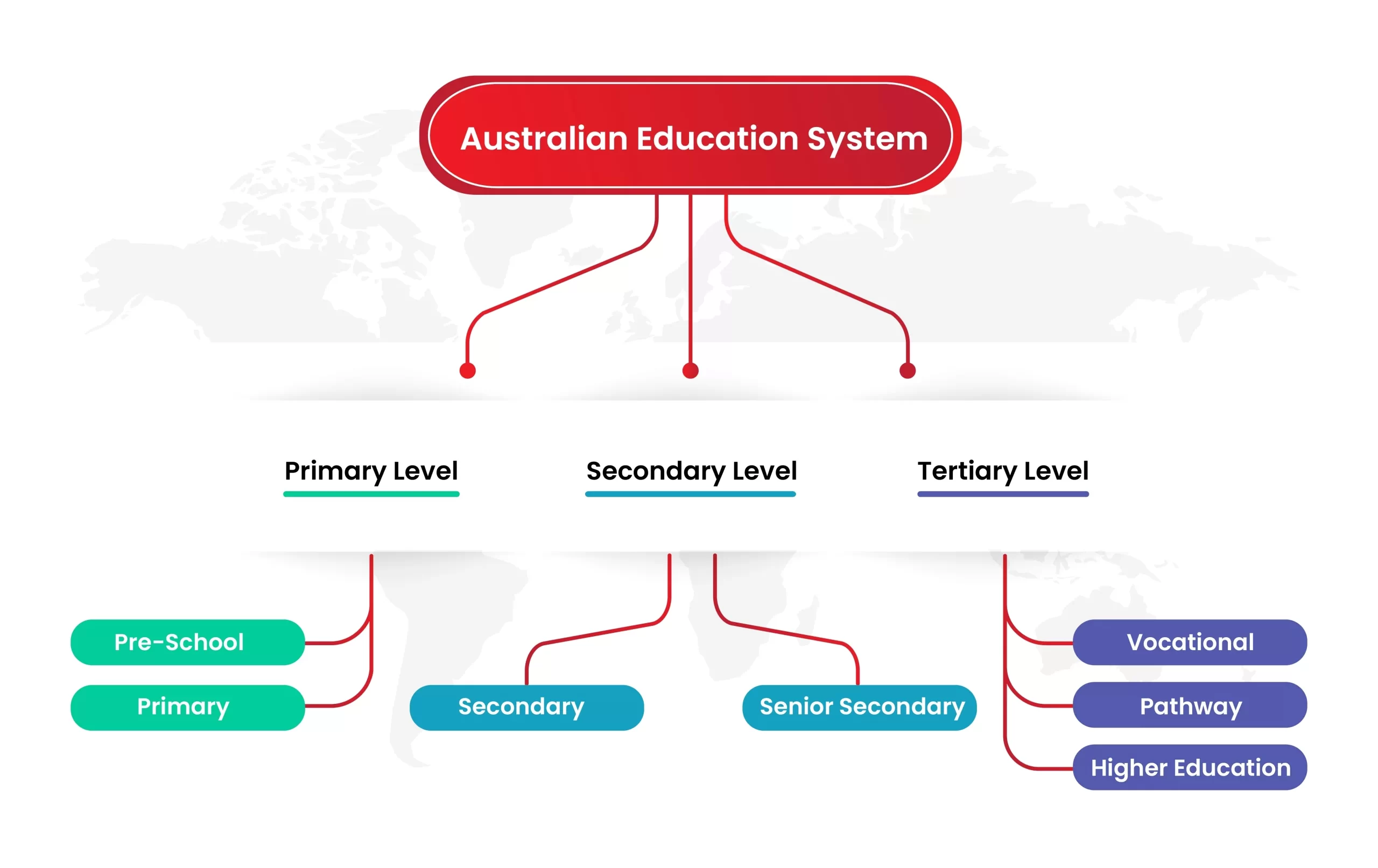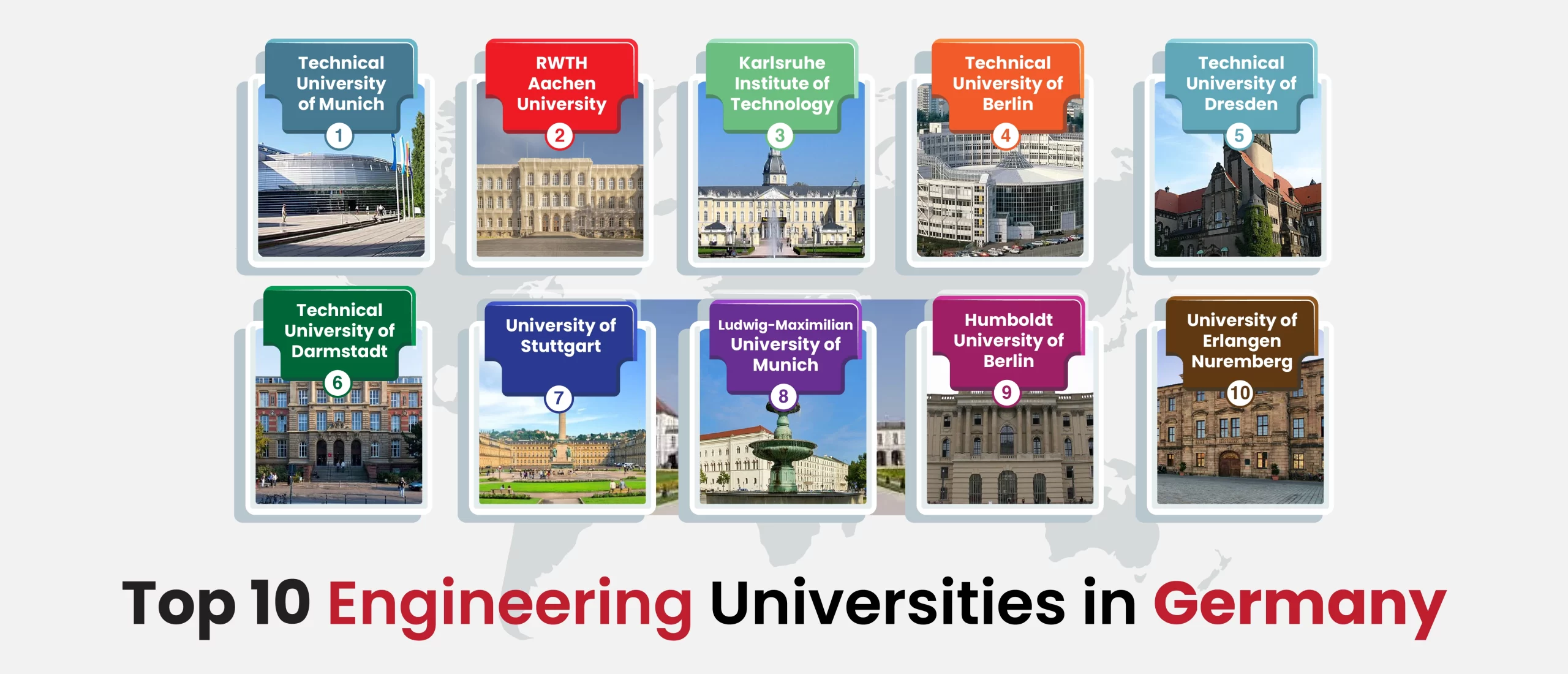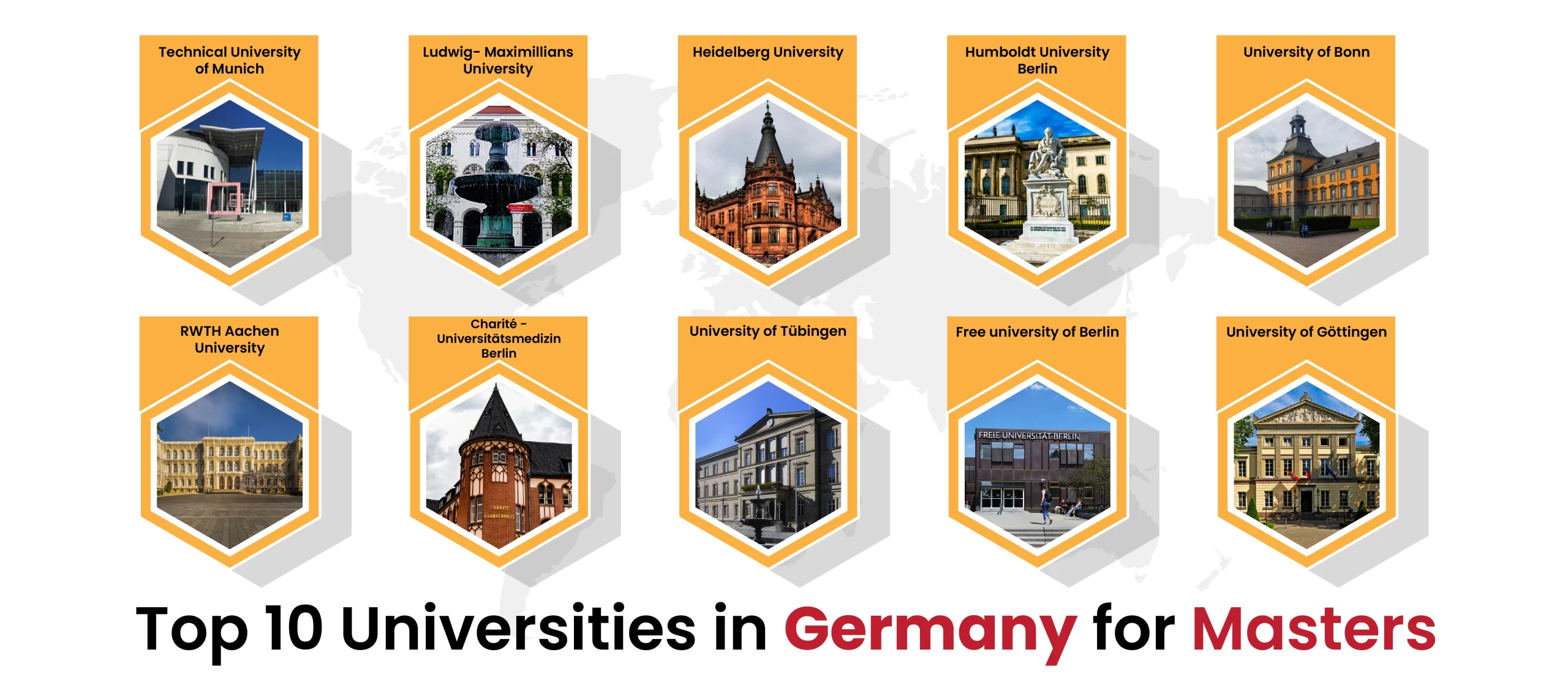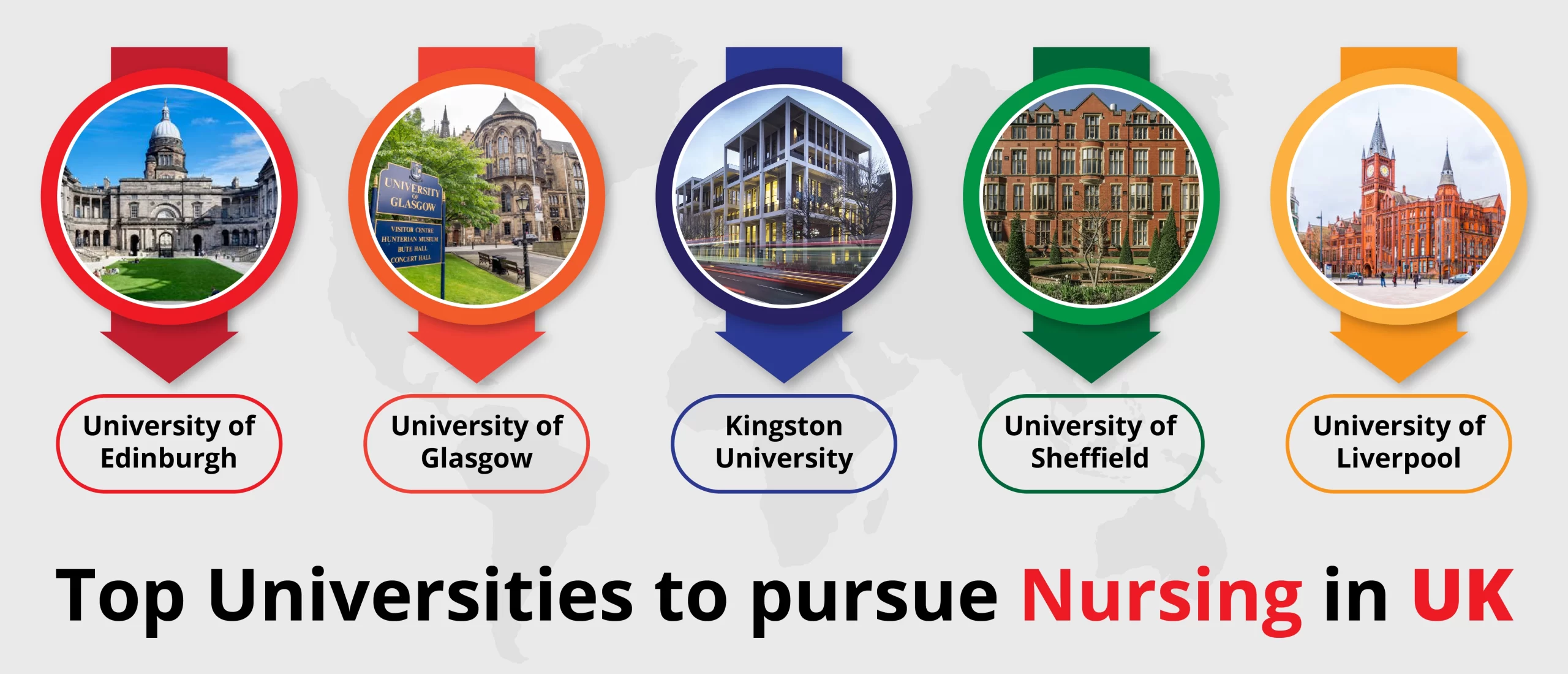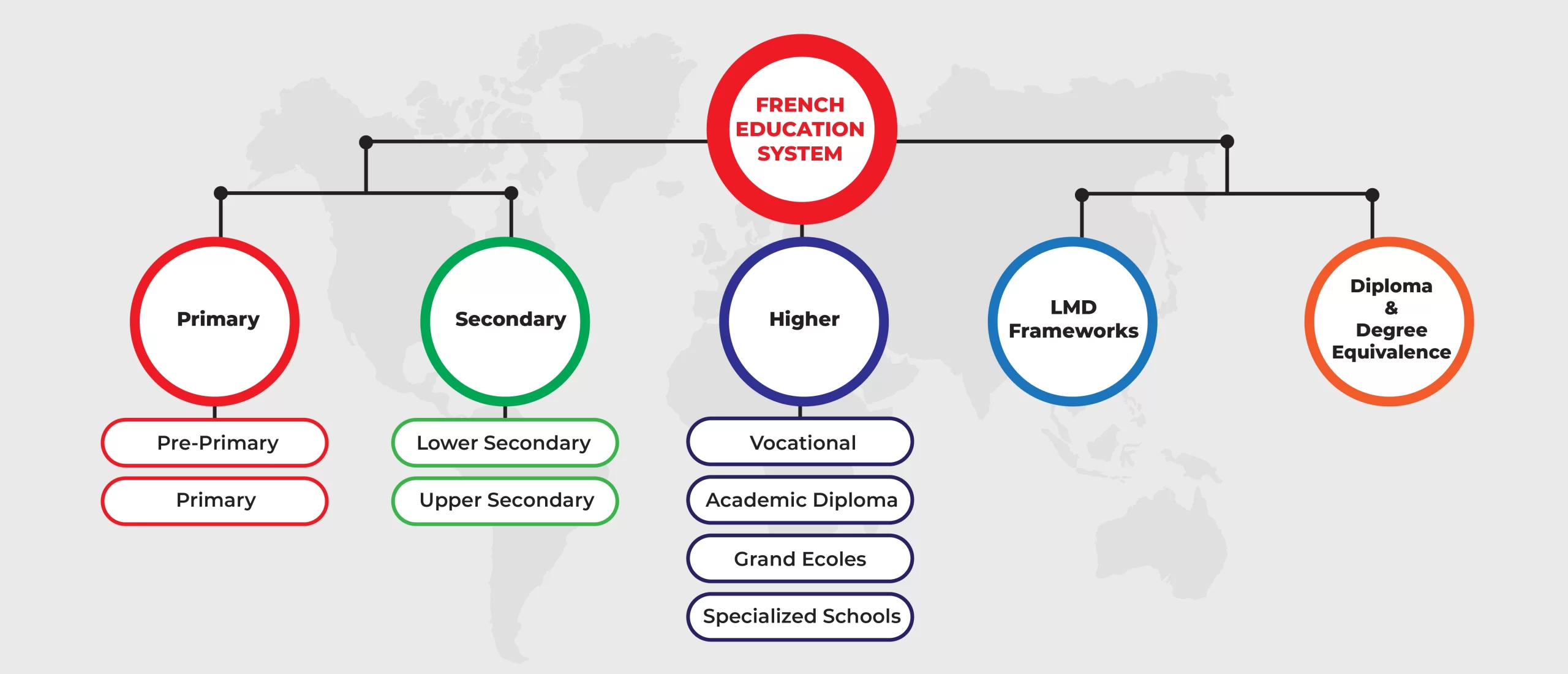If high tuition fees and living expenses have been a concern for your study abroad dream, studying in Germany is your solution. With affordable education and a reasonable cost of living in Germany for Indian students, you can access quality education without worrying about financial strain. Want to know more? Keep on reading!
Table Of Content
1Is Germany Affordable for Indian Students2Cost of Living in Germany for Indian Students3Monthly Expenses in Germany for Students4Cheapest Cities in Germany for Students5Part Time Jobs in Germany to Manage Expenses6Scholarship & Financial Aid for Indian Students in Germany7How to Save Money in Germany as a Student8Conclusion8Frequently Asked Questions
Is Germany Affordable for Indian Students
Yes, Germany is a very affordable option for Indian students. The country abolished tuition fees back in 2014, making education at public universities free.
However, while tuition fees are not a concern, there are other expenses that you have to take into account, such as application fees, accommodation, food, health insurance, and travel expenses. With careful planning and budgeting, Germany offers a high-quality education at an affordable cost for Indian students.
Cost of Living in Germany for Indian Students
Germany! A study abroad popular destination for international students due to its affordable education system and manageable living costs. The cost of living in Germany for Indian students can vary depending on the city that you are living in and other expenses.
Larger cities like Berlin, Munich, and Frankfurt are very expensive, whereas, smaller cities like Leipzig, Halle, and Bielefeld offer much more budget-friendly options.
On average, an Indian student requires €800 – €2,700 per month to cover essential expenses such as accommodation, food, transportation, health insurance, and personal needs. Accommodation is the biggest expense, with rent depending on whether students opt for dormitories, shared apartments, or private rentals.
Public transportation is cost-effective and students can save money by shopping at budget supermarkets and taking advantage of student discounts.
With the option to work part-time for up to 20 hours per week, one can manage their expenses more effectively while gaining valuable experience.
Suffice to say, proper budgeting and choosing the right city make studying in Germany an affordable and enriching experience for you.
Monthly Expenses in Germany for Students
Here’s a detailed breakdown of the cost of living in Germany for Indian students:
| S.No | Category | Estimated Cost (€ per month) | Notes |
|---|---|---|---|
| 1. | Accommodation | €270 – €1450 | Cost depends on location & type (dorm/shared/private) |
| 2. | Food & Groceries | €150 – €250 | Shopping at discount supermarkets saves money. |
| 3. | Health Insurance | €110 – €150 | Mandatory for students; varies between insurance providers. |
| 4. | Public Transport | €30 – €100 | Student travel passes reduce transport costs. |
| 5. | Health & Personal Care | €20 – €50 | Medicines, toiletries, gym & fitness, Haircuts & Grooming etc. |
| 6. | Internet & Mobile | €10 – €45 | Internet at home + Mobile Data plan |
| 7. | Utilities (Electricity, Water, etc.) | €150 – €300 | Included in rent for dorms; whereas separate for private spaces |
| 8. | Books & Study Materials | €20 – €50 | Books, stationery, and printing costs. |
| 9. | Entertainment & Leisure | €50 – €150 | Dining out, movies, social events, outdoor activities & travel |
| 10. | Miscellaneous Expenses | €60 – €150 | Unexpected expenses and personal spending |
The total estimated monthly expenses for students in Germany range from €870 to €2,695, depending on the city, lifestyle, and housing choice. To manage costs effectively — Spend wisely, take advantage of student discounts, cook at home, use public transport, and budget your expenses!
Cheapest Cities in Germany for Students
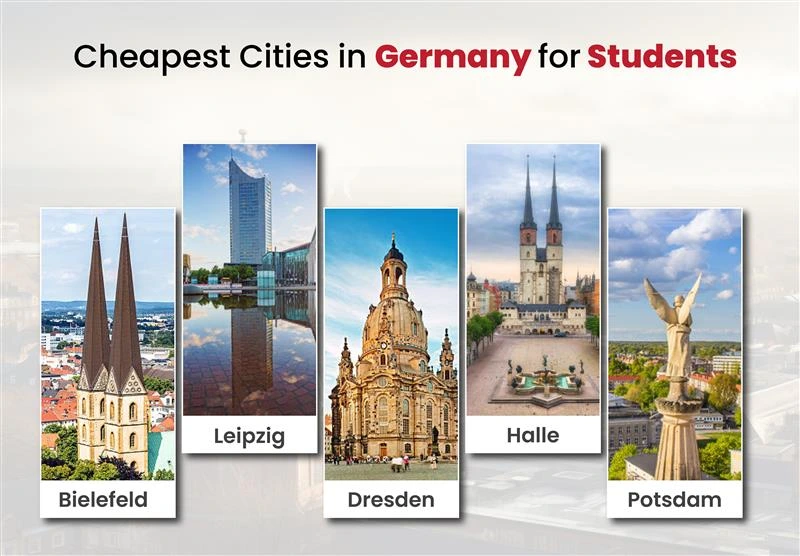
1. Bielefeld
If you’re searching for a place where the countryside meets city flair, Bielefeld would be a great option, making it an ideal choice for students who are looking for affordability and a relaxed environment. Affordable housing, a well-connected public transport system, and various cultural activities, that’s what make Bielefeld a budget-friendly option.
2. Leipzig
Located about 150 km southwest of Berlin, the cost of living in this city is significantly lower when compared to that of major cities like Berlin or Munich. Being the largest city in the state of Saxony, this city has gained a reputation as one of Germany’s most livable cities. Even the rent and daily expenses are much more affordable.
3. Dresden
Dresden sits along the banks of the Elbe River and is the capital of the state of Saxony. The cost of living is reasonable and food and groceries are relatively inexpensive, with many student-friendly options available. The city’s vibrant cultural scene and affordability make it an excellent choice for international students.
4. Halle
Halle is a hidden gem for students looking for an economical and academically rich environment. With relatively low tuition and manageable living expenses, this city offers its historic charm, affordable housing, and diverse cultural activities. It is a great place for international students who are looking for a well-balanced study experience.
5. Potsdam
A quieter and more affordable alternative to Berlin, while still providing access to big-city opportunities while maintaining a lower cost of living. The city is known for its scenic landscapes, rich history, and proximity to Berlin, allowing students to enjoy a peaceful study environment and the benefits of a major metropolitan area.
Part Time Jobs in Germany to Manage Expenses
There are many opportunities for working part-time to manage the cost of living in Germany for Indian students while studying. This can help cover your living expenses while you can improve your German language skills and expand your career network as well. Gaining local work experience can also increase job prospects after you have graduated which would eventually lead to full-time employment. With fair wages, flexible hours, work benefits and strong labour laws, this can be a great way to better integrate yourself into German society, attain financial independence, get exposure to the country’s professional culture, and build a strong career foundation. There are many roles available, you can opt for online, offline, or freelance work.
1. Offline Jobs
| S.No | Job Title | Job Description | Salary Range |
|---|---|---|---|
| 1. | Research/Teaching Assistant | Assist professors/teachers at universities. | €12 – €20 |
| 2. | Barista/Waiter | Serve customers in cafes, restaurants, or bars. | €10 – €15 |
| 3. | Event Staff | Assist at concerts, exhibitions, and sports events. | €12 – €18 |
| 4. | Retail Store Associate | Work in supermarkets and shops. | €12 – €16 |
| 5. | Warehouse Worker | Pack and sort goods. | €12 – €18 |
2. Online & Freelancing Jobs
| S.No | Job Title | Job Description | Salary Range |
|---|---|---|---|
| 1. | Freelance Writer | Write content for blogs, websites, and businesses. | €15 – €30 |
| 2. | Graphic Designer | Create designs for logos, posters, and branding. | €15 – €40 |
| 3. | Online Tutoring | Teach subjects via online tutoring platforms. | €15 – €50 |
| 4. | Social Media Manager | Manage social media accounts for brands. | €12 – €25 |
| 5. | Translator | Translate documents. | €15 – €35 |
For those looking for more flexible options, online and freelancing jobs are excellent choices. With the right skills and time management, this can be a great way to balance your studies and earn while working from anywhere.
Scholarship & Financial Aid for Indian Students in Germany
There are various scholarships and financial aid options available in Germany. This can help reduce the cost of living in Germany for Indian students. With many public universities having low or no tuition fees makes it an affordable destination for international students. Students can apply for merit-based and need-based scholarships, which will cover tuition fees, living expenses, and research costs. Universities, government bodies, and even private organizations provide funding opportunities based on academic performance and financial need. To find the scholarship that is right for you, connect with CanApprove today for expert guidance on your Germany Student Visa!
These are some of the available scholarships for international students.
- DAAD Scholarships
- Rosa Luxemburg Stiftung
- Konrad-Adenauer-Stiftung (KAS) Scholarship
- Studienstiftung des deutschen Volkes Scholarship
- Friedrich-Ebert-Stiftung (FES) Scholarship
- Heinrich-Böll-Stiftung Scholarship
- Deutschlandstipendium
How to Save Money in Germany as a Student
With smart financial planning, studying in Germany can be affordable.
Find Affordable Housing
Always opt for student dormitories or shared apartments to cut down on rent.
Use Public Transport Discounts
Universities offer Semesterticket ( semester tickets) that provide unlimited travel within the region at a low cost.
Cooking at Home
Cooking at home is the way to go as eating out is expensive, and shopping at budget supermarkets can reduce food costs significantly.
Take Advantage of Student Discounts
Always carry your student ID with you, as many museums, and cinemas offer student discounts.
Working Part-Time
Working Part-Time in Germany up to 20 hours per week during the semester which can help cover your expenses.
Buy Second-Hand
Save on books, furniture, and electronics by buying used items through online platforms.
Use Free Learning Resources
Instead of buying expensive textbooks, use university libraries, online resources, and second-hand bookstores for study materials.
Apply for Scholarships
Many organizations offer scholarships that can help reduce tuition fees and living expenses. Always check for funding opportunities.
By effectively managing the cost of living in Germany for Indian students, one can maintain a comfortable lifestyle while keeping expenses under control.
Conclusion
We know finding the right university, navigating the application process, and visa requirements, can be overwhelming. That’s where CanApprove comes in! With 26 years of expertise in overseas immigration and education consulting, we provide end-to-end assistance from university selection to application processing to visa guidance and pre-departure support. Let us help you make your study abroad journey smooth and successful. Contact us now!


